The UK is discussing DEPLOYING TROOPS to Ukraine to fight RUSSIA
In a major development, the United Kingdom has announced that it is in discussions about deploying troops to Ukraine as part of its ongoing support for the Ukrainian government in the face of Russia’s aggression. This decision, if it moves forward, would mark a significant escalation in the UK’s involvement in the ongoing war, raising concerns about the broader implications for international relations, military strategy, and global security.
As the war in Ukraine enters its second year, the international community has closely followed the dynamics between NATO countries, particularly the U.S. and the UK, and Russia. The UK’s potential deployment of troops has the potential to redefine the balance of power in the region and could impact the larger geopolitical landscape, especially in terms of NATO’s stance toward Russia and its influence in Eastern Europe.
The Background: UK’s Support for Ukraine
Since Russia’s invasion of Ukraine in February 2022, the UK has been a staunch supporter of Ukraine, providing both humanitarian aid and military assistance. The UK has sent weapons, ammunition, and defensive equipment to bolster Ukraine’s defense against Russian forces. Additionally, the UK has provided training to Ukrainian soldiers, helping to enhance their operational capabilities on the battlefield.
This commitment has been part of the broader Western effort, led by NATO, to support Ukraine in its fight for sovereignty and territorial integrity. The UK’s efforts have been praised by Ukrainian leaders, who have expressed gratitude for the consistent support. However, as the war has dragged on with no clear resolution in sight, the question arises: What comes next in terms of international involvement, and could the UK take the step of deploying ground troops to the frontlines?
Why Now? The Growing Call for More Direct Action
As Russia’s military presence in Ukraine continues to wreak havoc, Ukrainian President Volodymyr Zelensky has repeatedly called for more advanced military support from NATO members, including the UK. The Russian army has made significant advances in the eastern and southern regions of Ukraine, and despite Ukrainian resistance, the conflict has turned into a protracted and bloody war.
Zelensky has often requested more direct military aid, including modern fighter jets, tanks, and heavy artillery, as well as more boots on the ground. Ukrainian officials have increasingly urged NATO allies to take more active roles in the conflict, especially as Russia escalates its attacks on civilian infrastructure and targets key Ukrainian cities.
The UK’s discussions about deploying troops may be seen as a response to these growing calls, acknowledging the need for more direct intervention to help turn the tide of the war. As one of Ukraine’s closest allies, the UK may feel an increasing moral and strategic obligation to do more to halt Russia’s advances. Additionally, there is a fear that if Russia were to succeed in Ukraine, it could embolden other authoritarian regimes globally and destabilize the region even further.
The UK’s Strategic Considerations
The UK’s involvement in any military action in Ukraine would have to be considered from multiple strategic perspectives. A primary consideration is the potential for direct confrontation with Russian forces, something that could escalate the conflict dramatically. Russia has made it clear that it views any NATO troop deployment in Ukraine as a direct provocation and a potential act of war. This puts the UK in a delicate position, weighing the risks of escalating tensions against the need to support Ukraine.
The UK’s Prime Minister, Rishi Sunak, and other government officials have indicated that they are committed to helping Ukraine “win” the war against Russia, but they have not confirmed whether that will include sending British troops to fight on the ground. Any decision to deploy troops would require careful consideration of military readiness, international law, and NATO’s collective defense obligations.
For the UK, one of the key issues is the balance between supporting Ukraine and avoiding further escalation that could pull NATO into a direct war with Russia. While the UK has provided significant support through weapons and training, sending troops would represent a far more aggressive stance. There are also concerns over public opinion in the UK, where citizens may be divided on the issue of sending troops to Ukraine.
The Global Consequences of UK Troops in Ukraine
If the UK does decide to deploy troops to Ukraine, it will have significant consequences not just for the UK and Russia but for the global balance of power. The decision could embolden other NATO countries to take more aggressive actions in support of Ukraine, which may further isolate Russia diplomatically and economically.
This could lead to a breakdown in diplomatic channels between the West and Russia, with Moscow potentially viewing this as a declaration of war. The risk of direct confrontation between NATO and Russia would increase dramatically, and the conflict could expand beyond the borders of Ukraine, potentially dragging in other nations in Eastern Europe.
Additionally, the deployment of UK troops could alter the calculations of other countries, particularly those in the EU. European countries have been largely reluctant to send troops into Ukraine due to the potential for conflict with Russia. The UK’s decision could shift this dynamic, either encouraging other countries to join the effort or deepening divides within the European Union about how to handle the crisis.
On the economic front, the global ramifications of a broader war in Ukraine could be devastating. The conflict has already caused significant disruptions to global energy markets, agriculture, and supply chains. A direct confrontation between NATO forces and Russia would likely intensify these disruptions, potentially leading to further economic instability across the globe.
What Could This Mean for NATO?
The UK’s potential move to send troops to Ukraine also raises important questions about NATO’s role in the conflict. NATO has been deeply involved in providing support to Ukraine, but the alliance has refrained from sending ground troops, citing the need to avoid triggering a broader war with Russia. If the UK were to break this taboo, it could set a precedent for other NATO countries, potentially leading to a larger, more direct military engagement by the West.
This scenario also tests NATO’s cohesion. While the UK has been one of the most vocal supporters of Ukraine, other NATO members, such as Germany and France, have been more cautious about escalating the conflict. If the UK goes ahead with deploying troops, it may create tension within the alliance, especially if other nations are unwilling to follow suit.
Public Opinion and the Domestic Debate
Back in the UK, there is likely to be a significant debate about the prospect of sending troops to Ukraine. Public opinion in the UK has generally supported the government’s stance of providing military aid to Ukraine but has been more divided when it comes to direct military involvement. The prospect of British soldiers being sent to Ukraine could spark protests and calls for a more cautious approach.
Political leaders, including opposition parties, are likely to scrutinize any decision to deploy troops. Some may support the move, seeing it as a necessary step to protect global security, while others could argue that it risks plunging the UK into a direct war with Russia and further complicating the situation.
Conclusion: A Dangerous Turning Point
The UK’s discussions about deploying troops to Ukraine mark a potential turning point in the ongoing war with Russia. While the UK has been a strong ally of Ukraine, sending ground troops would represent a significant escalation and increase the risk of direct confrontation with Russia. The decision, if made, would have far-reaching implications for global security, NATO’s unity, and the broader geopolitical landscape.
As tensions between NATO and Russia continue to rise, it remains to be seen how the UK will balance its support for Ukraine with the need to prevent an all-out war with Russia. The coming weeks and months will likely be pivotal in shaping the future of the conflict and determining the level of international involvement in this tragic and complex war.
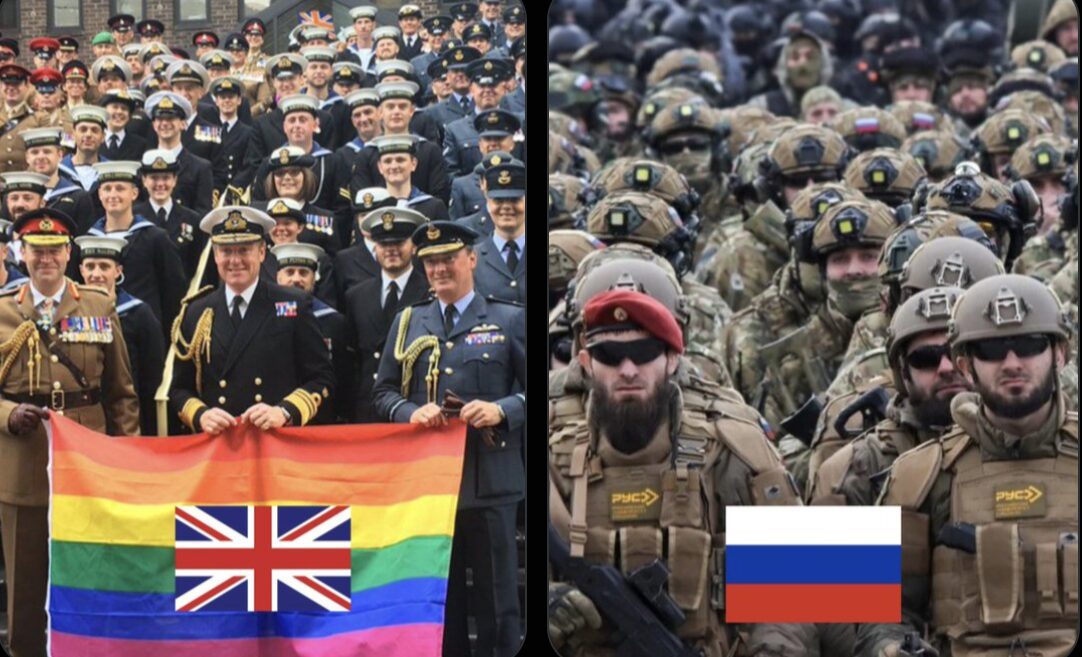

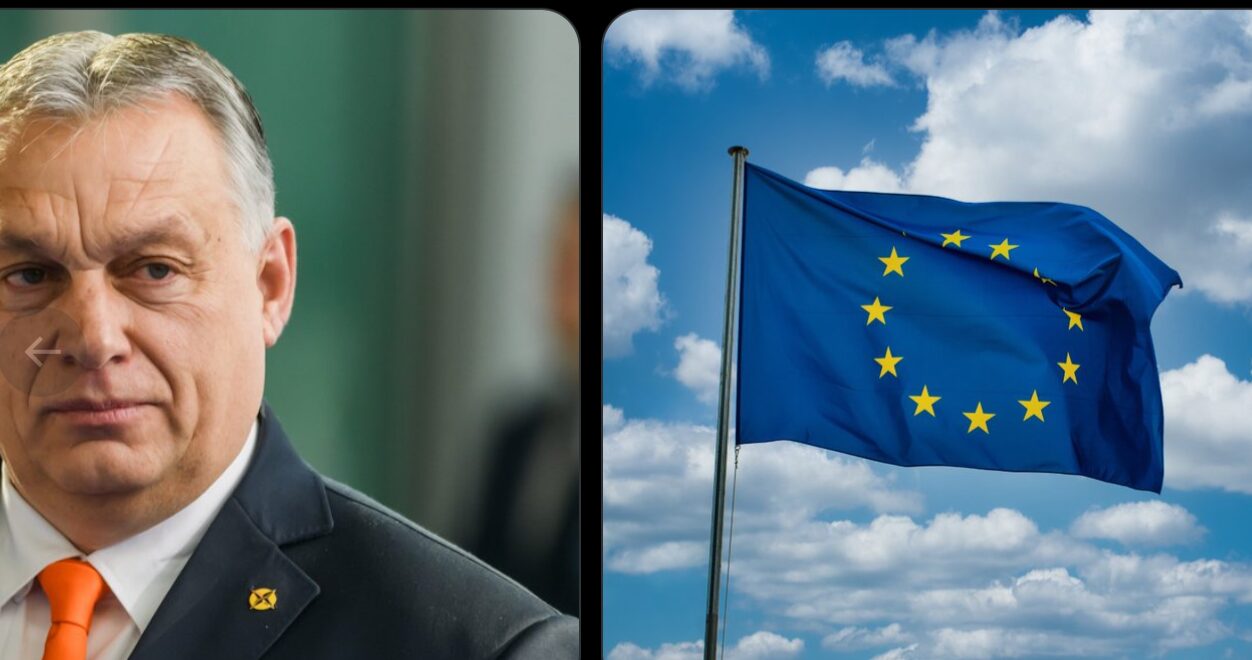
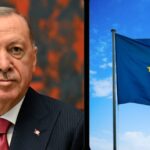
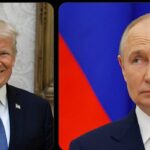

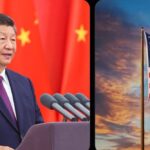
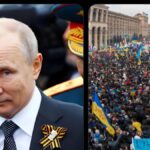
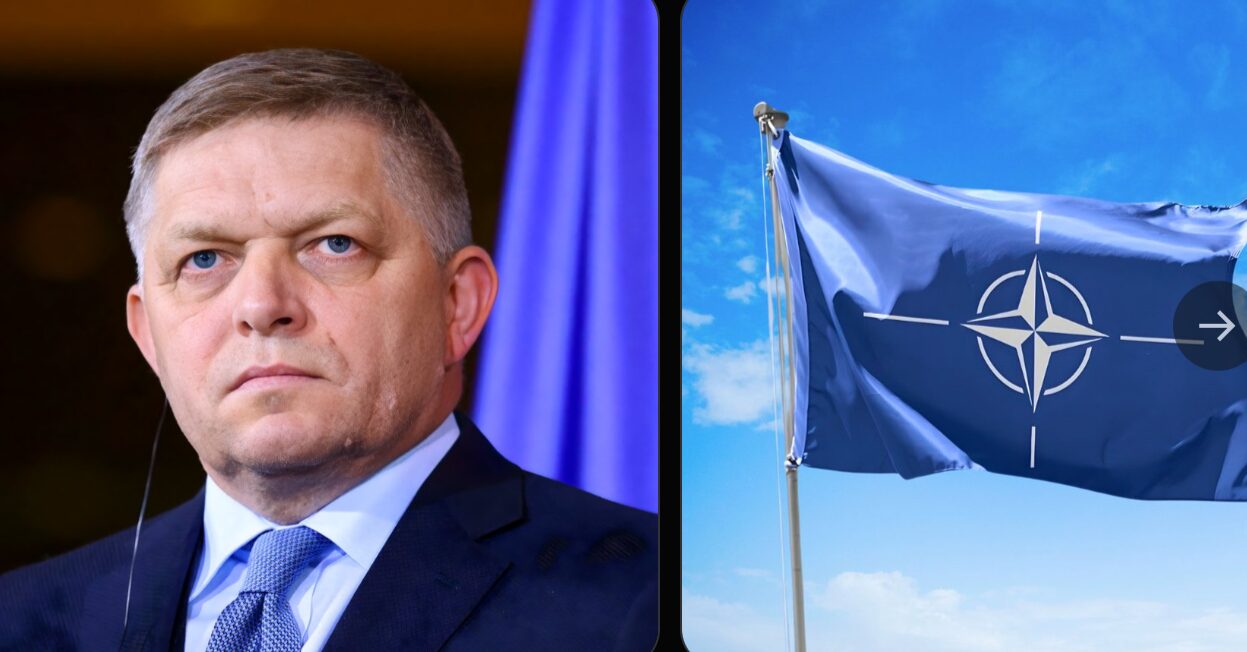








Post Comment